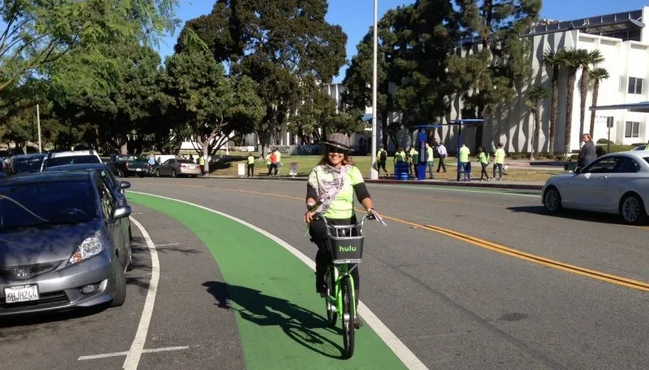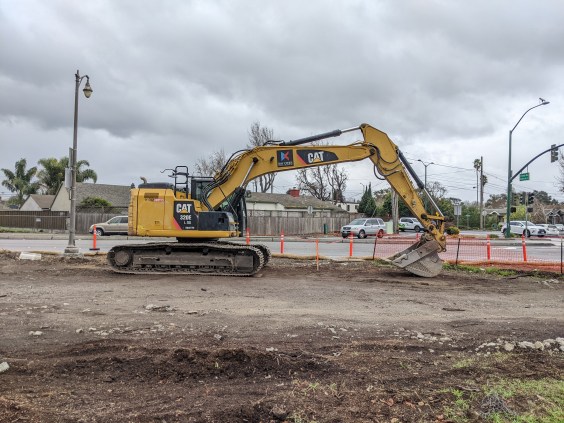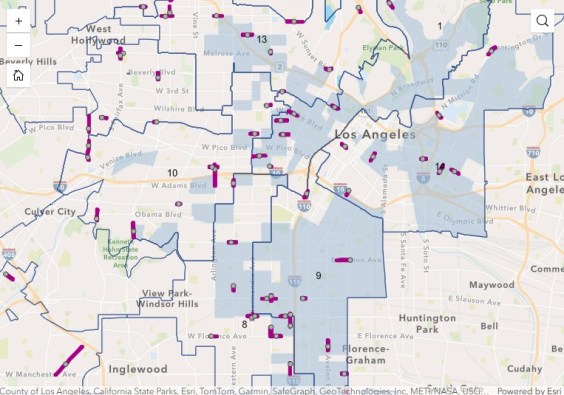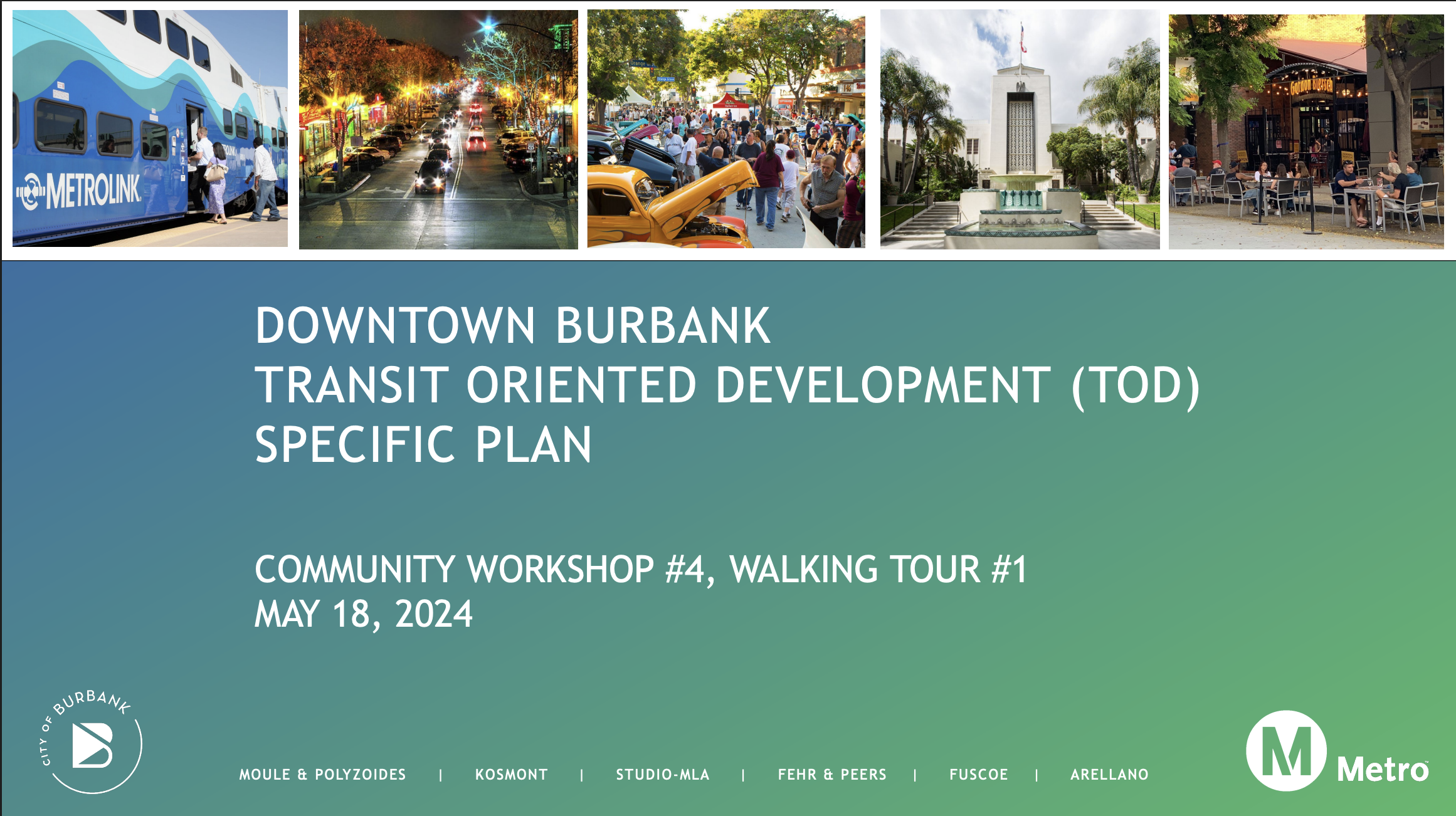Under COVID-19, bike-share systems have seen mixed results. Early on in the crisis, bike-share ridership grew when many big city commuters who could opted to get out of confined trains and buses. As isolation orders kicked in, usage has declined. Though a few bike-share systems have closed temporarily, others have have stepped up their role in providing essential mobility, including for healthcare workers.
As with so much these quarantine days, the situation remains fluid.
Early on (way back in March), Bicycling reported bicyclist physicians asserting that bike-share usage appears to be more-or-less safe. The article recommended wiping down handlebars and wearing gloves, and stated that sunlight likely helps sanitize surfaces outdoors.
Nationally, many bike-share systems are doing relatively well.
Bike-share systems run by Lyft in Boston, Chicago, and New York City are free for healthcare or public transportation workers and first responders. NYC Citi Bike is adding medical center stations to meet worker demand. Washington D.C. Capital Bikeshare is also free to essential workers. Minnesota Nice Ride is free for healthcare workers.
NextCity reports that some private micro-mobility companies, including Spin, are offering similar free rides for healthcare and other essential workers.
Houston Bcycle saw increased usage, even after COVID-19 precautions closed a dozen stations to prevent gathering in parks.
Many systems - including Kansas City Ride KC, Detroit MoGo, Explore Memphis - are temporarily offering unlimited free rides for all users.
In a email to Streetsblog last week, North American Bike Share Association (NABSA) Communications Manager Destinie Hammond noted that, "Some systems have developed partnerships with local restaurants, allowing them to use their bikes for food delivery. Gotcha Mobility will be offering its electric bikes and scooters to local restaurants and merchants, starting in Baton Rouge, LA."
Hammond stated that, "Of the more than 189 cities with bike-share systems in the U.S., only a few have shut down at this time. [These include] Long Beach Bikeshare, Red Bike in Cincinnati, Blue Bikes in New Orleans, Jump in Sacramento, CitiBike Miami, and a few others."
L.A. County's three biggest municipal bike-share systems have responded quite differently to the Coronavirus crisis.
Last week, Santa Monica City spokesperson Constance Farrell reported that "Breeze Bike Share is continuing to operate normal service, with additional cleaning and worker safety protocols in place." The westside's Breeze bike-share - serving primarily Santa Monica but also Venice, UCLA, and Beverly Hills - began offering a free extra 60 minutes to all rides in March. That was quickly upgraded to offering free rides. Anyone can take unlimited rides every day, though rides are limited to 90 minutes to minimize theft.
Farrell reported that Breeze ridership is down. In March 2019, Breeze saw 10,273 trips. In March 2020, that fell to 3,969. Per Farrell, Santa Monica "recognizes that all trip-making was way down due to the Governor’s Executive Order, and the percentage drop in vehicle trips might have been even higher."
Private micro-mobility companies Bird, Jump Bike, and Lyft are continuing to operate in Santa Monica, though, Farrell states, "with smaller fleet sizes to meet lower ridership demand, and all three companies are offering free rides for healthcare workers and critical emergency personnel." Jump Scooter and Lime recently suspended operations in Santa Monica.
Metro spokesperson Dave Sotero stated that "Metro Bike Share is part of the Metro transit system and has continued to operate without interruption. ...MBS continues to be available 24/7/365." Sotero reports that March 2020 bike-share ridership "decreased approximately 50 percent" compared to March 2019 for the overall system, which includes service areas in downtown/central L.A., West L.A./Venice, and North Hollywood.
Metro Bike Share is currently operating at regular ride costs. (The Metro board has not met since pre-pandemic late February, so even though the agency has effectively cancelled fare collection on buses and trains during the COVID-19 emergency, this best practice was not board-approved.) When questioned about bike-share fares and possible discounts, Sotero responded that, "The fare structure is aligned with our transit service. Any discounts will be offered in conjunction with the Metro system."
Private e-scooter/e-bike companies Bird, Jump, Lyft, Spin, and Sherpa remain in operation in Los Angeles City, while Wheels and Lime have suspended operations.
In late March, according to a Long Beach Bikeshare announcement, "In an effort to reduce the spread of COVID-19" bike-share operations were "suspended until further notice." Long Beach City spokesperson Tony Cruz did not make ridership data available at this time, and reported that "The City was acting in an abundance of caution, taking into consideration the State of California and Los Angeles County 'Safer at Home' orders currently still in effect."
Cruz noted that, at the same time as LB Bikeshare, the city also suspended its private Shared E-Scooter Pilot Program until further notice.
For several reasons, L.A. County bike-share systems haven't stepped up to serve mobility needs quite as broadly as much larger systems in NYC, Chicago, Boston, and Washington D.C. have.
Southern California streets remain largely hostile to cycling, with safe bikeways being few and far between. Bike-share coverage is spotty to non-existent outside of Santa Monica and downtown Los Angeles. Systems cater more toward tourists (now absent) than to essential (not to mention low-income) workers - though to decision makers' credit, tourist one-day ride revenue has helped keep these systems afloat.
As the COVID-19 crisis diminishes in the future, some transportation trends may well shift. Shared enclosed spaces - like ride-hail and transit - may see ridership declines continue. Expensive modes - like driving and ride-hail - may be depressed during a recession triggered by COVID-19. Bicycling and bike-share could well play more important roles in a post-pandemic Southern California.






